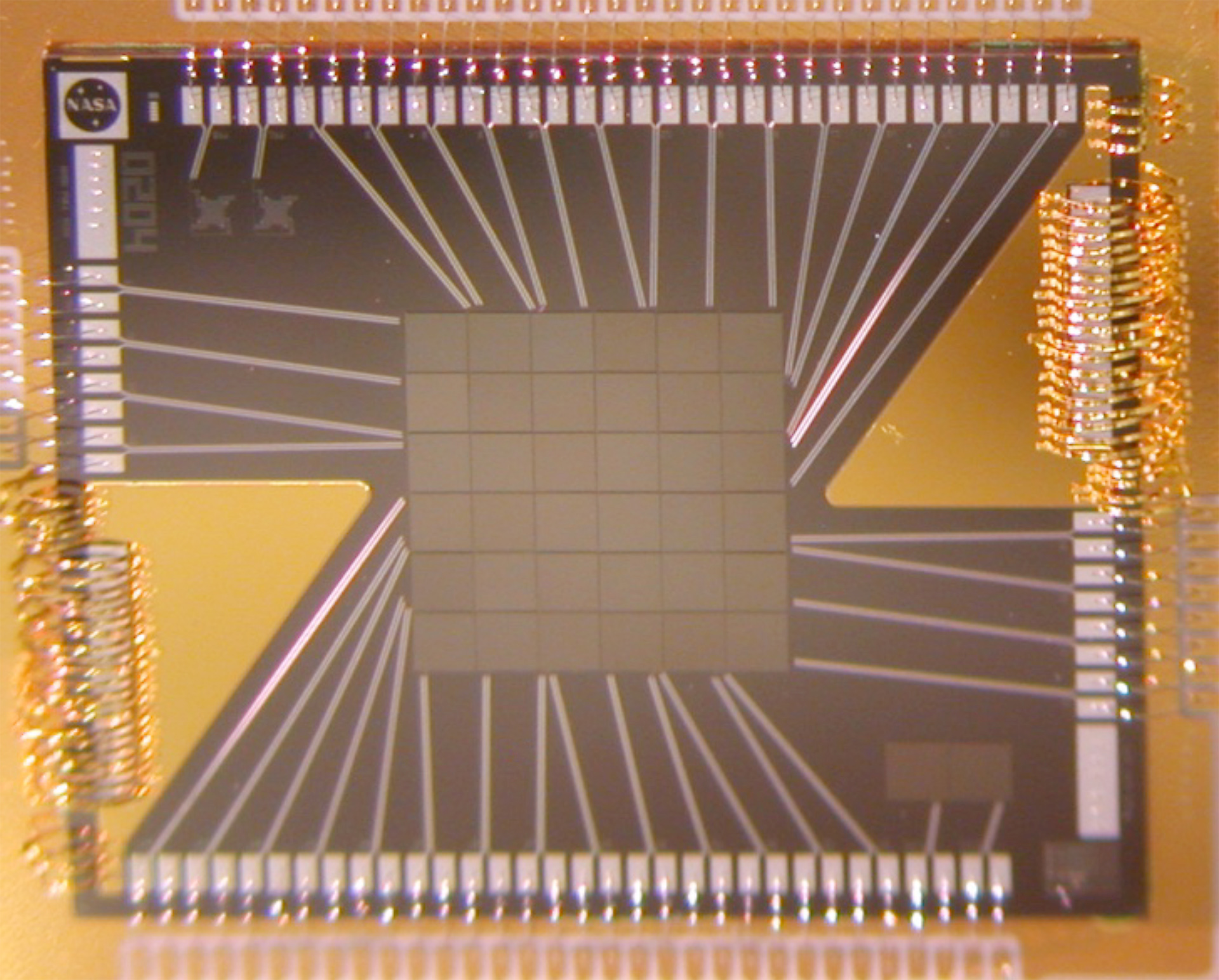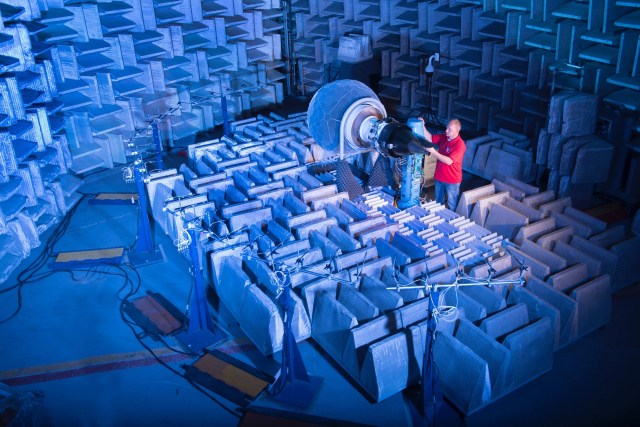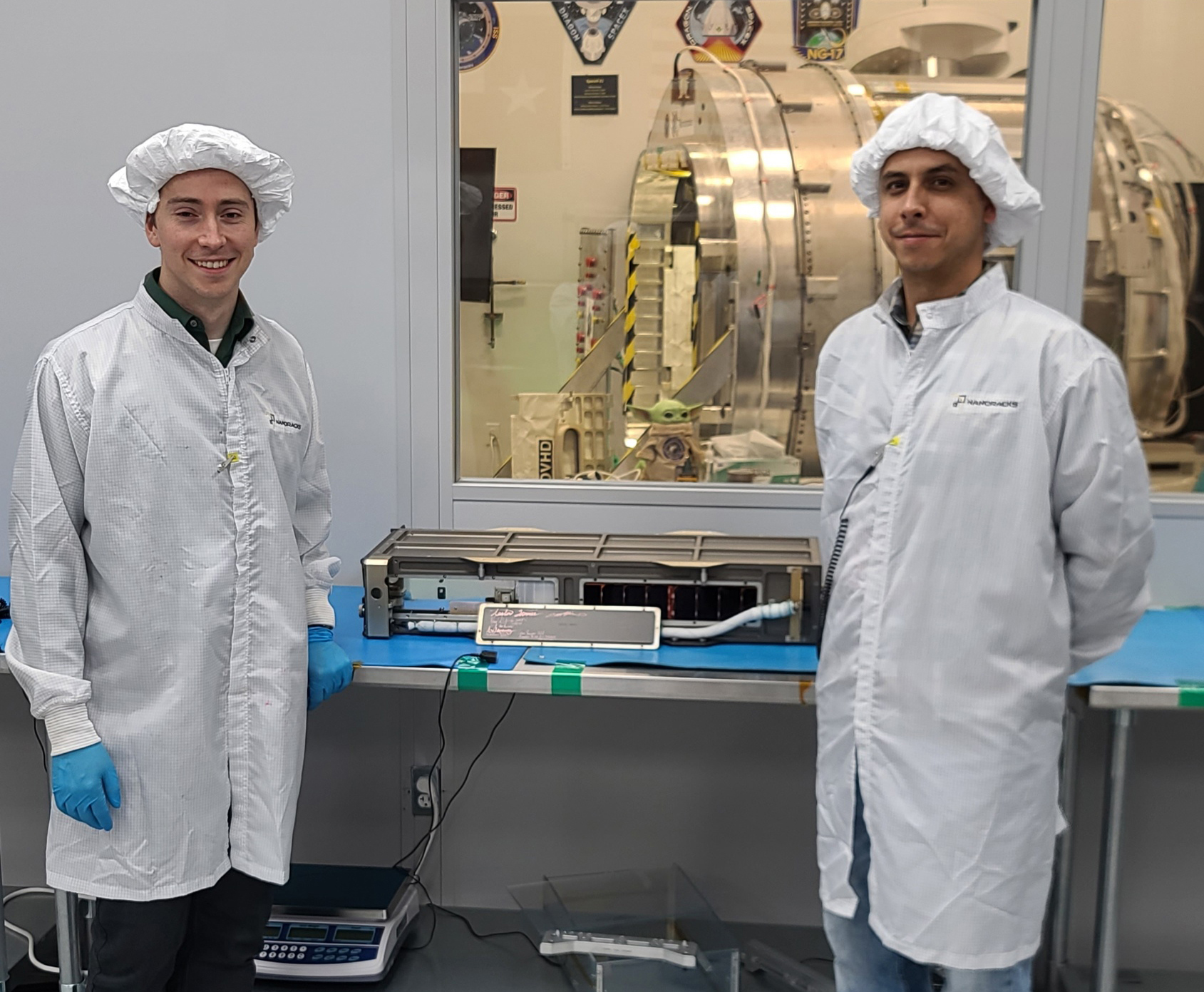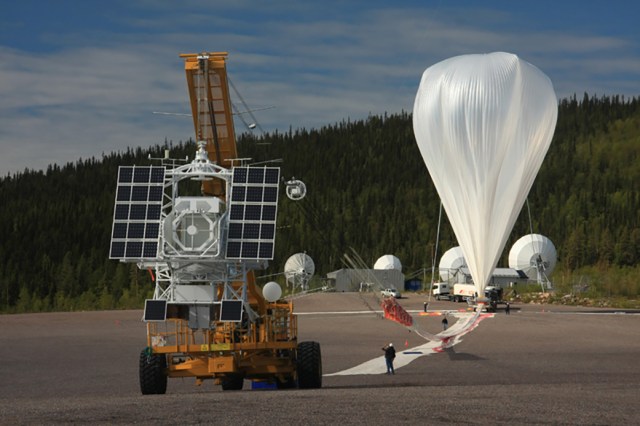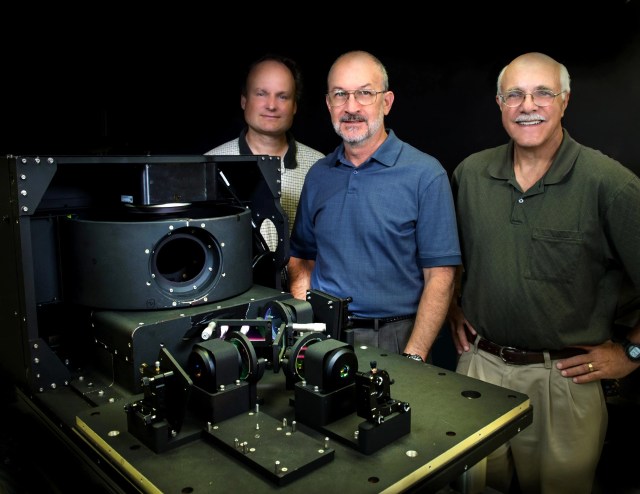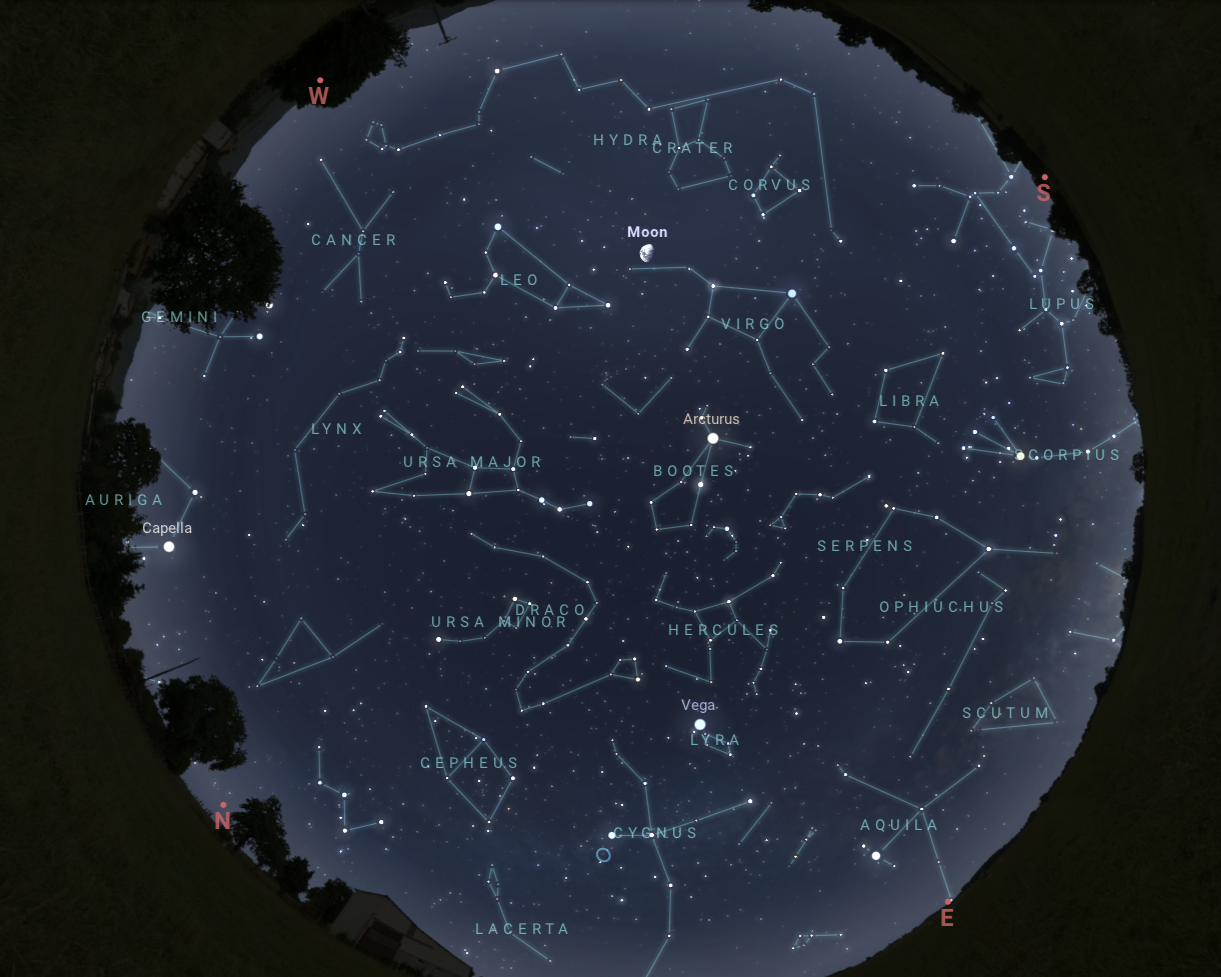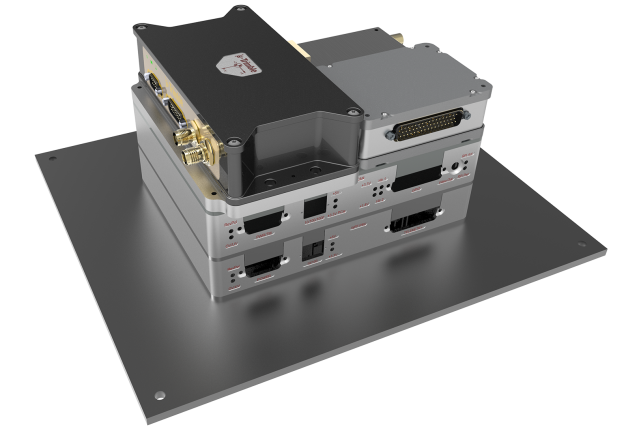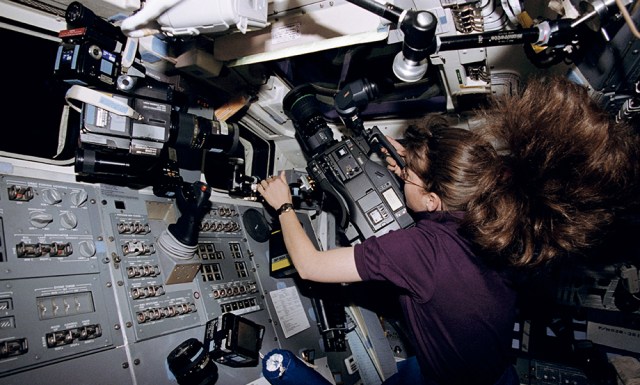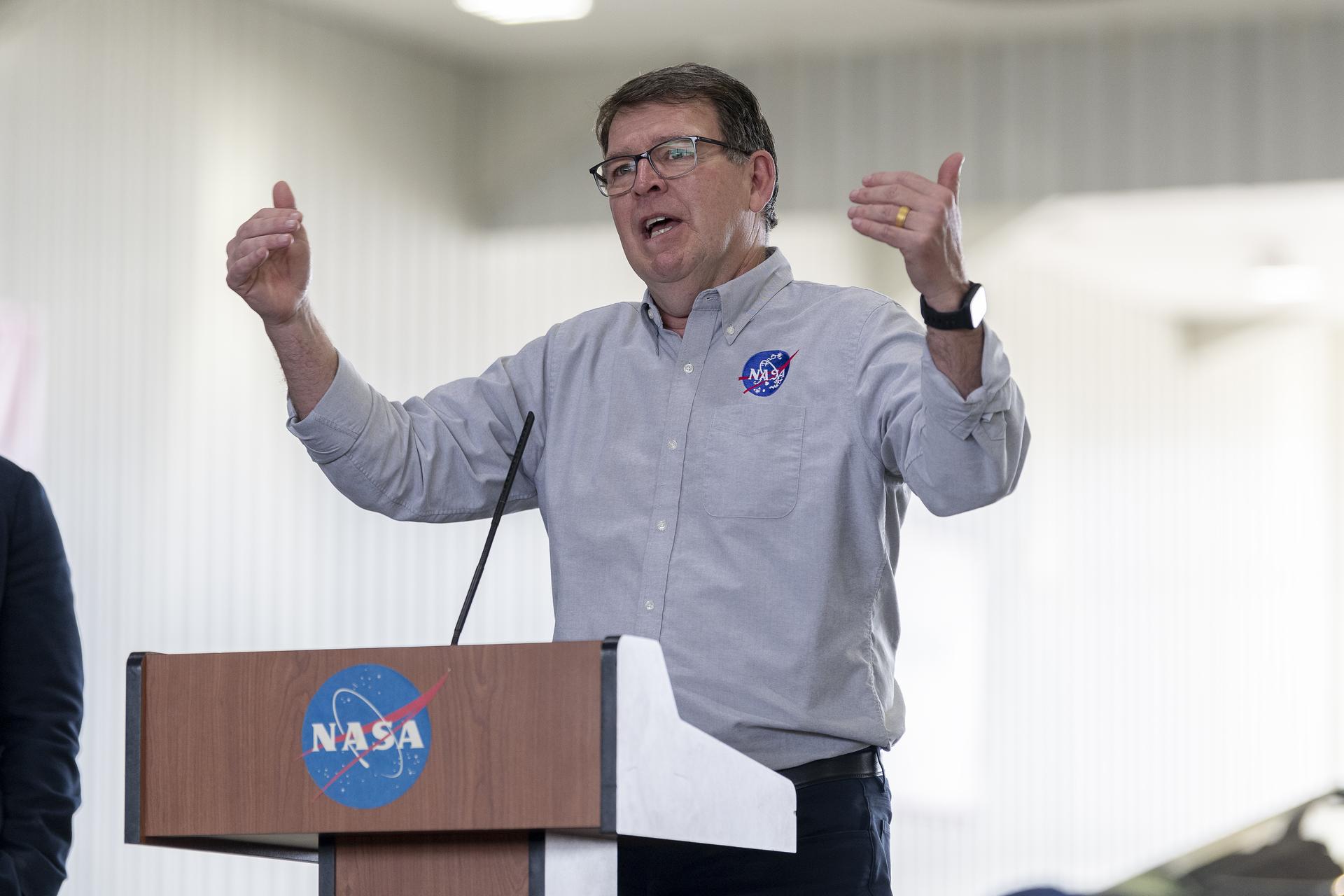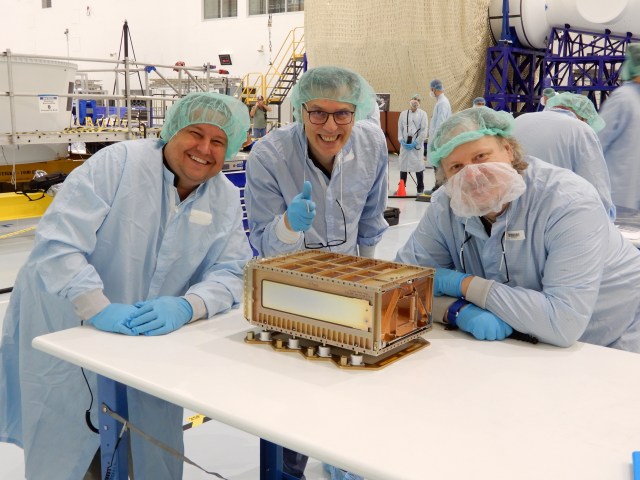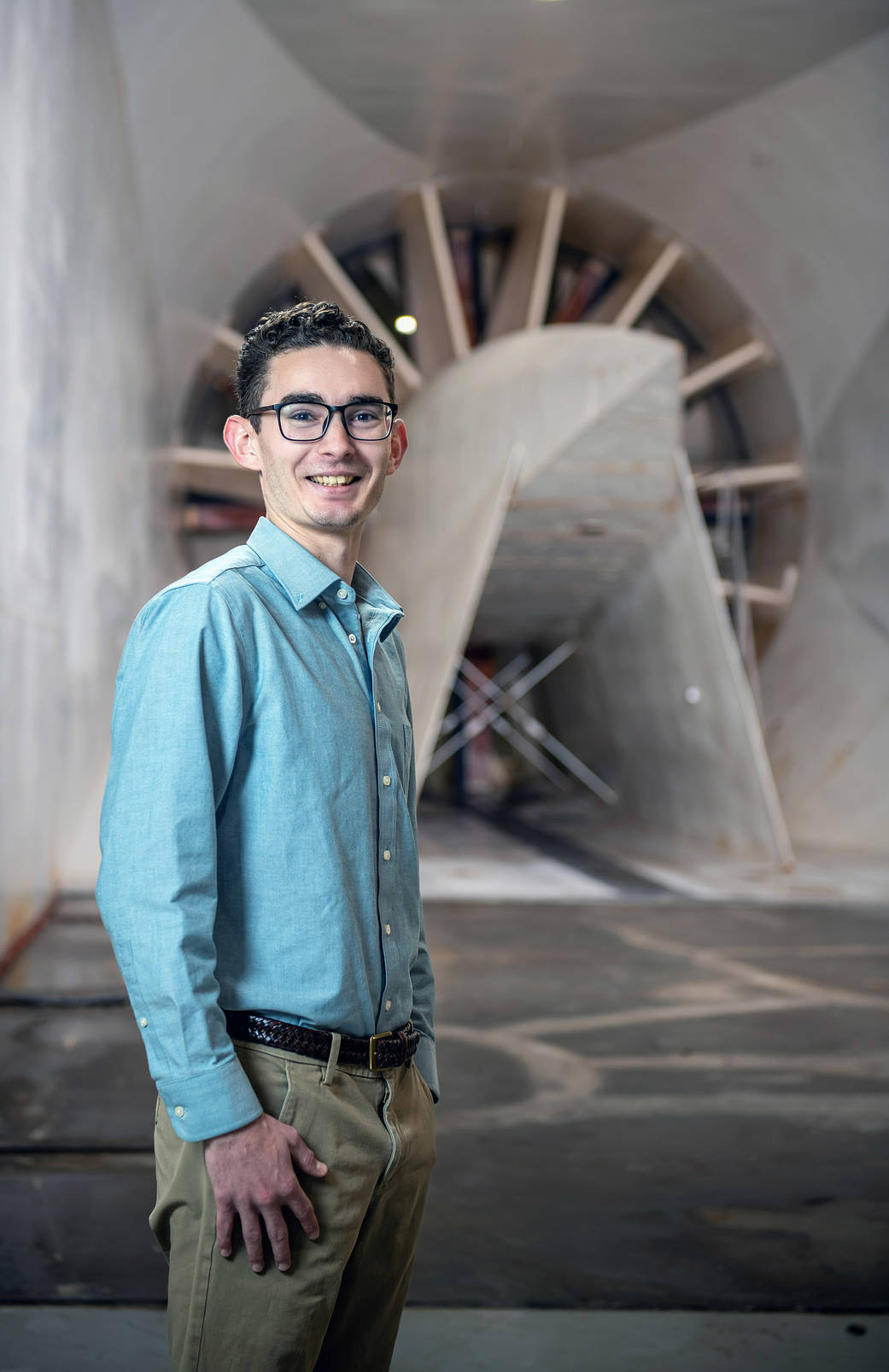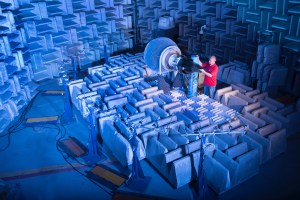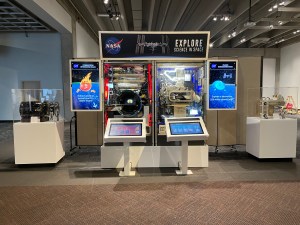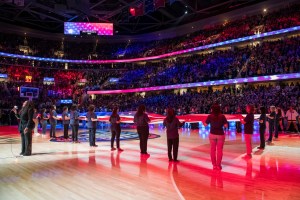Everyone assumes that engineers were naturally gifted at math and science in school. Not necessarily says Paul von Hardenberg, an icing research engineer in the Icing Research Branch at NASA Glenn Research Center.
“While I found math and science to be challenging subjects in school, I learned how to study effectively to perform well in those classes,” he explained. “Once I learned which study habits worked best for me, I not only performed better in my math and science classes, but I also found them to be much more enjoyable as well.”
Von Hardenberg did so well in school that he went on to earn his bachelor’s in mechanical engineering at North Carolina State University. During his junior year, he got an internship in Glenn’s Icing Branch and was hired after graduation.
“I primarily work as an experimentalist, designing and conducting experiments in our Icing Research Tunnel to better understand aircraft icing and to gather validation data for icing simulation tools,” he said.
Von Hardenberg believes the path to engineering goes beyond technical knowledge. Communication skills are just as important.
“You will often work in a team where the ability to communicate ideas clearly and effectively is critical to success of the project,” he said. “Many engineers, like myself, are surprised to learn how much writing is involved with their work. From writing emails to writing technical reports and research papers, writing is a daily part of my job as an engineer.”
If you are considering a career in engineering, von Hardenberg wants you to “find your WHY.”
“Knowing your WHY will give you a sense of purpose and keep you focused on what really matters,” he explained. “It will guide you through difficult times and help you make the right decisions by reminding you why you decided to pursue this path in the first place. Participating in STEM extracurricular clubs and organizations is another great way to explore your interests and help you find your WHY.”

